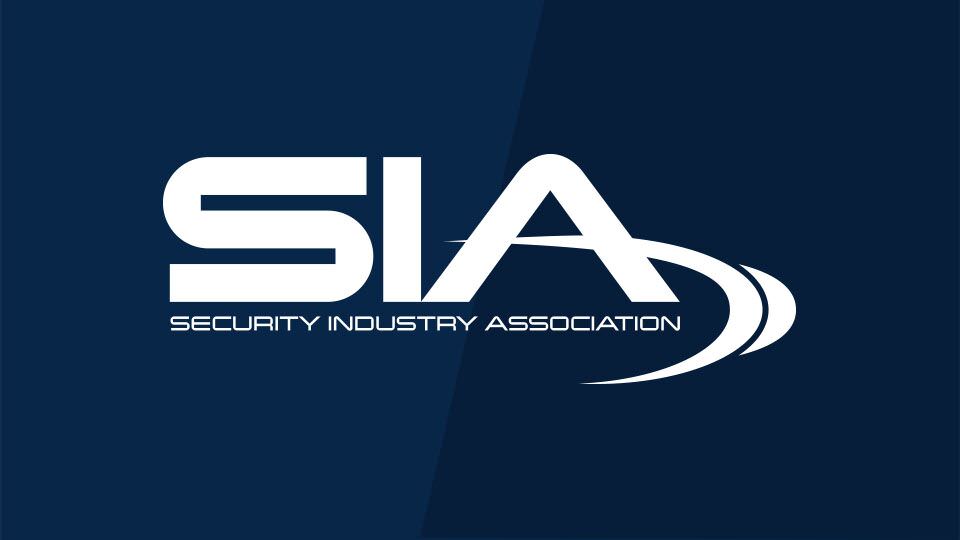Time to Clean Out the Corporate Attic

In the course of executing a transaction, it is entirely common (and appropriate) for all sides to get fixated on price and terms. Comparable transactions, deal multiples, and free cash flow all become the focus of the day. However, assuming both sides can find common ground on these important issues, attention then quickly shifts to the mechanics and process related to actually closing a transaction. And this is where the real fun (or heartache) often begins.
The fact of the matter is that lawyers, accountants and other due diligence and deal professionals are frequently concerned about documents or past events that can have little to do with how you run your business on a day-to-day basis. Agreements, licenses or contracts that have long since been forgotten can pop up as being important in diligence. Issues related to former stockholders, customers, vendors, employees, etc., can all become key issues, or perceived liabilities during the diligence process. In the daily whirlwind of running any business, these past arrangements or discussions may not be relevant, but to a buyer, they can present real legal challenges that could ultimately cause them pain.
For example, say you had a former shareholder or employee who once upon a time owned a small number of shares, or who you may have offered options to purchase an ownership interest in your company in connection with their employment. Are those shares or agreements still outstanding? If not, were they properly extinguished or were the shares repurchased? Are the documents memorializing those transactions readily available and properly executed? The answers to such questions can determine who needs to consent to a transaction, how proceeds will be distributed, or whether or not a transaction can even proceed forward.
Issues like these stop transactions every day. Sometimes situations can easily be rectified, while other times they can lead to costly delays, renegotiation and even the scrapping of a deal. Our advice to anyone who may be contemplating a transaction in the near future is to go through the corporate filing cabinet. Make sure key events like ownership related transactions, customer or vendor contracts, employment agreements, etc., are all readily available, properly documented and properly archived.
Address any open issues and resolve them before starting serious negotiations of any kind. Most buyers are not very tolerant of surprises, so do yourself a favor and take a cleaning trip into the corporate attic before undertaking any process.
The blogger is a managing director at Capstone Partners LLC. He can be contacted at tmcmahon@capstonellc.com.
The views and opinions expressed in guest posts and/or profiles are those of the authors or sources and do not necessarily reflect the official policy or position of the Security Industry Association (SIA).
